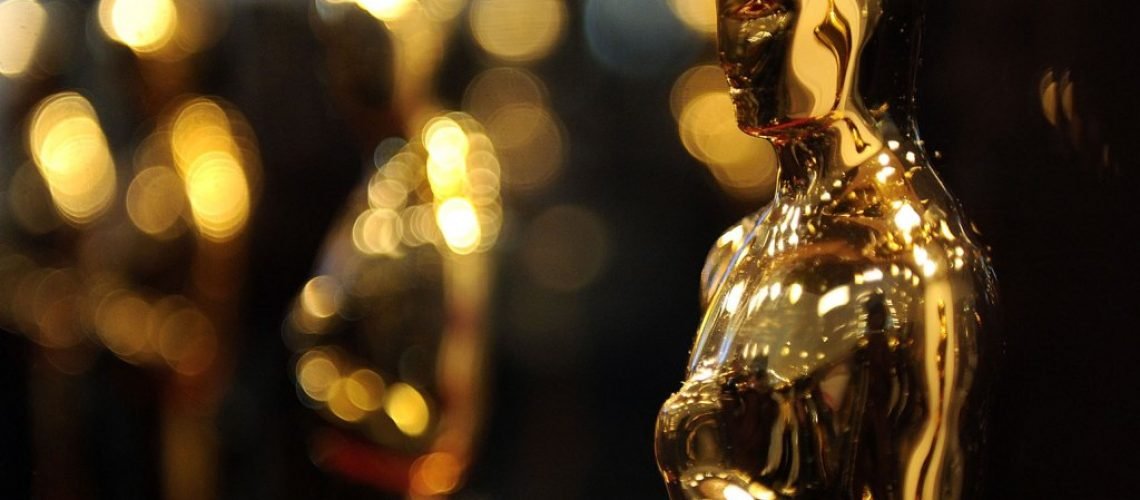Last month’s announcement that the Academy of Motion Picture Arts & Sciences is reducing the number of songs from a film that may be submitted for Oscar consideration (from five to three) prompted us to take a deep dive into the Oscar rulebook in the music categories.
The Oscars have had music categories every year since 1934, when the stylish “The Continental” (performed by Fred Astaire and Ginger Rogers) won best original song and One Night of Love won for scoring.
In the early years, there was no explicit rule that a song had to be written for the film in which it was featured. The poignant ballad “The Last Time I Saw Paris,” which Jerome Kern and Oscar Hammerstein II wrote in response to the Nazi takeover of Paris in June 1940, was a hit for Kate Smith that year — the year before the release of the film (Lady Be Good) for which it won the Oscar. The requirement that a song had to be written for the film was made explicit the following year. The rules now state: “The work must be recorded for use in the motion picture prior to any other usage, including public performance or exploitation through any media whatsoever.”
In the first four years of the scoring category, the award went to the film studio’s music department and its department head. The following year it was changed so that the composer(s) of the film score received the award.
Here are 10 rules in the music categories that you may find surprising.




